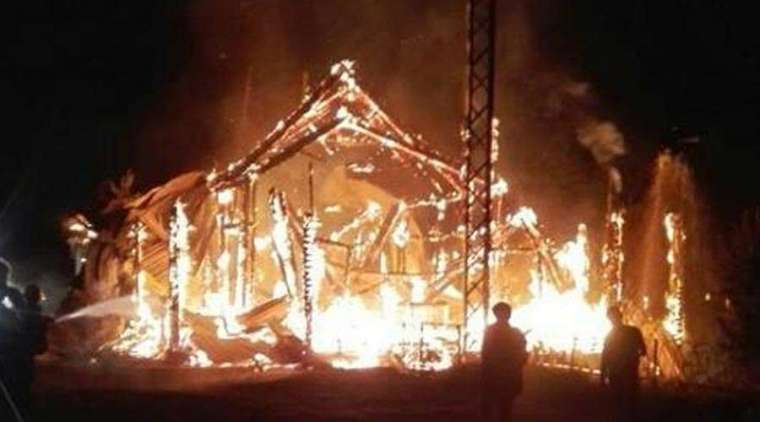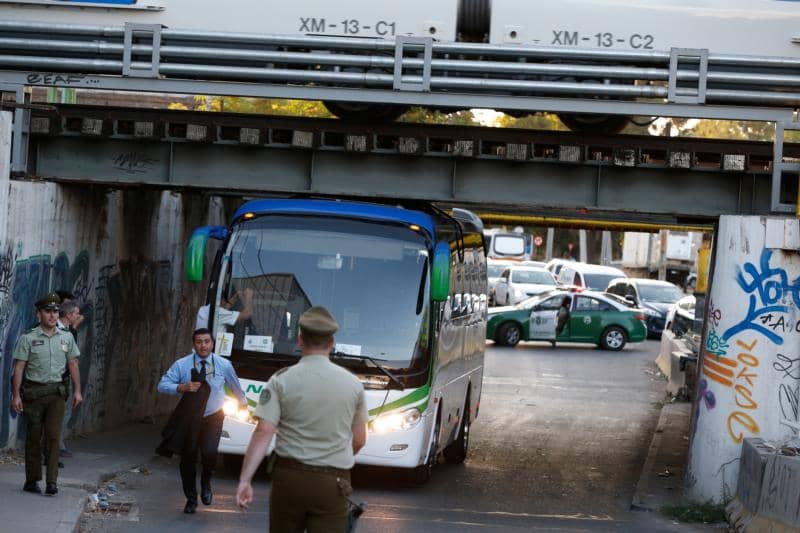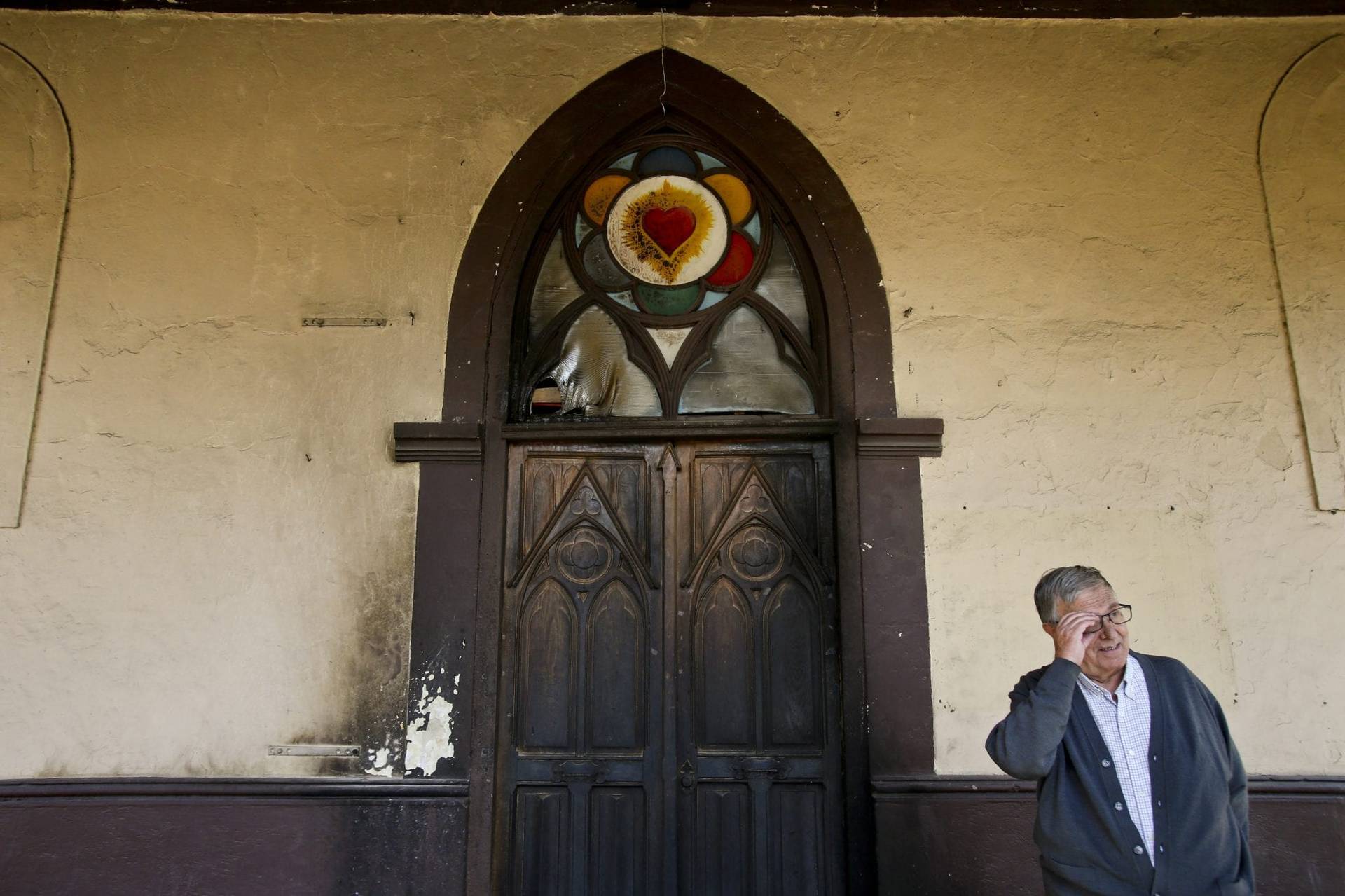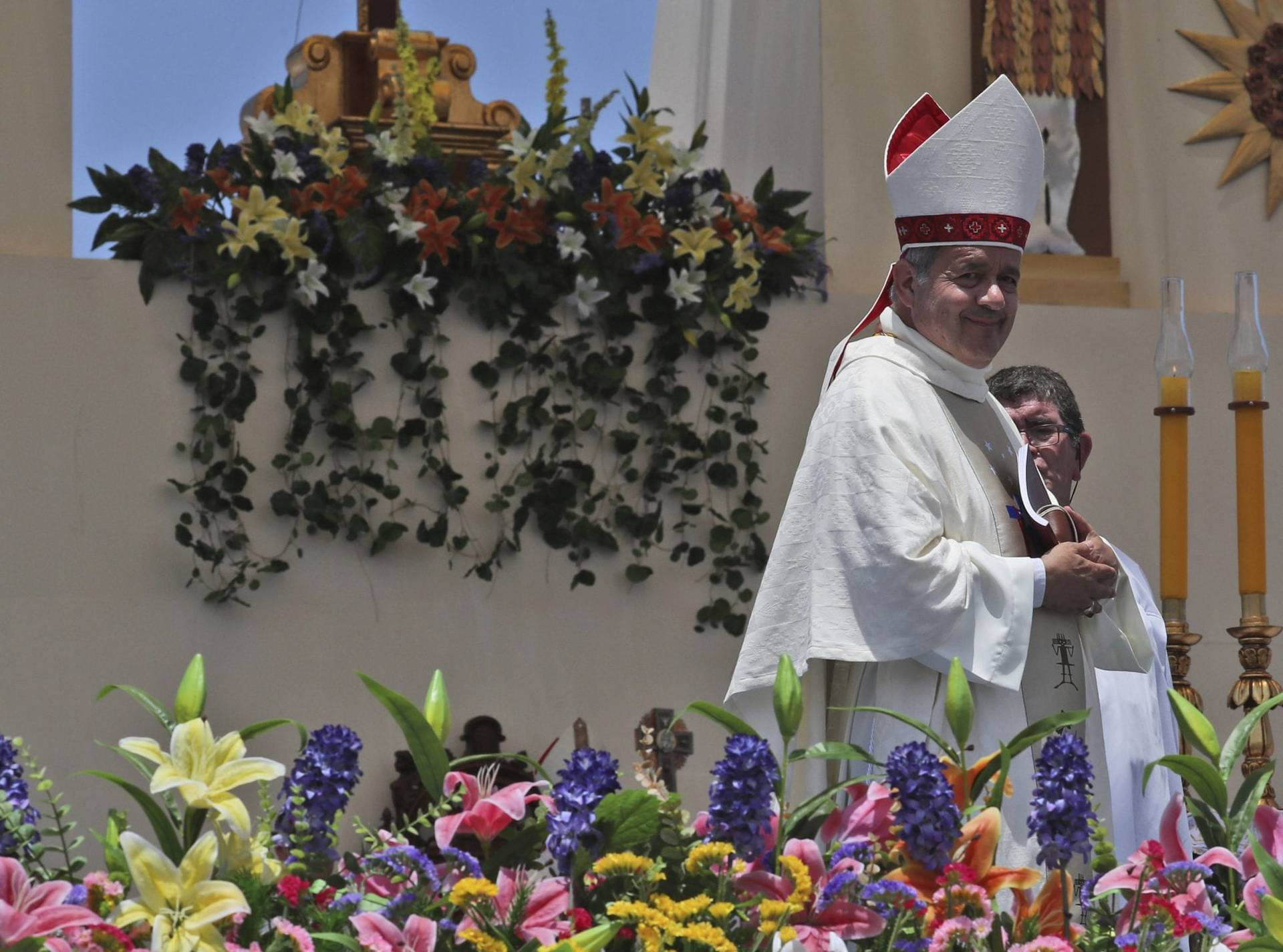LIMA, Peru – There’s a well-known dynamic on papal trips, in which words or gestures by a pope that may seem banal to external audiences instead strike locals as a thunderclap, because they break some domestic taboo or have clear relevance for a simmering local controversy.
It remains to be seen how Peruvians may react to what Pope Francis had to say to the country’s political elites in the capital city of Lima Friday night, but the odds seem good that react they will – because without pointing fingers, Francis delivered some fiery rhetoric on corruption that probably drove up the heartrates of members of his audience.
His words also may have wide regional relevance across Latin America, where several other nations are also gripped by corruption scandals, often featuring some of the same players involved in Peru’s turmoil.
“How much evil is done to our Latin American people and the democracies of this continent by this social ‘virus’,” the pope said, referring to corruption, “a phenomenon that infects everything, with the greatest harm being done to the poor and mother earth.”
“Everything being done to combat this social scourge deserves our utmost attention and help… This is a battle that involves all of us,” he said.
Invoking the motto of his Jan. 18-21 trip to Peru, “United By Hope,” the pontiff said putting it into action “requires a greater culture of transparency among public entities, the private sector and civil society.”
“No one can be excluded from this process,” Francis said. “Corruption is preventable and calls for commitment on the part of all.”
While the pope did not cite any specific cases of corruption, and his focus was clearly broad, many Peruvians may nevertheless be tempted to apply his remarks to a current national controversy pivoting on President Pablo Pablo Kuczynsky, who was on hand Friday to welcome Francis to the Government Palace.
On Dec. 22, Kuczynsky barely survived an impeachment vote in Peru’s legislature, with 78 representatives voting to oust him and 19 against, just short of the two-thirds “supermajority” required.
The vote came after documents appeared to show that Odebrecht, a Brazilian construction giant, made payments of $800,000 to Kuczynsky’s investment banking firm, Westfield Capital, at a time when he was serving as Minister of the Economy and Prime Minister, and Odebrecht was winning major public contracts in Peru.
Compounding the controversy, on Dec. 24 Kuczynski granted a pardon on medical grounds to former president Alberto Fujimori, in prison for human rights violations that military death squads carried out on his watch during a 1990s-era campaign against terrorism. Many Peruvians suspect a quid-pro-quo, after enough members of the parliamentary faction led by Fujimori’s son voted against impeachment to save Kuczynski’s job.
Kuczynski, however, is not the only prominent Peruvian politician facing corruption charges.
At the moment, one former president of Peru, Alejandro Toledo, is fighting extradition from the United States over allegations he took $20 million in bribes, and another, Ollanta Humala, is in pretrial detention in Lima after allegedly receiving illegal campaign funding from Odebrecht.
Given that background, what will likely come across outside Peru as “dog bites man” story – that the pope would support honesty and integrity – may seem explosive here, as a pointed papal rebuke to the country’s ruling class.
Beyond corruption, Francis also urged Peruvian leaders to continue their efforts to defend the Amazon.
“It is overall the largest tropical forest and the most extensive river system on the planet,” Francis said. “This ‘lung’, as it has been called, is one of the world’s regions of great biodiversity, as it is home to a vast variety of species.”
Francis has summoned a special Synod of Bishops on the Amazon in Rome in 2019.
As part of his call for environmental protection, Francis warned that “we are stripping the earth of its natural resources, without which no forms of life are possible.”
“The loss of jungles and forests means not only the loss of species, which could also be extremely important resources for the future, but also the loss of vital relationships that could end up altering the entire ecosystem,” he said.
An “integral ecology,” he said, means protecting not only the ecosystems of the Amazon but also its people, especially its indigenous populations.
“This calls for listening to local persons and peoples, recognizing and respecting them as valid dialogue partners,” he said. “They preserve a direct link to the land, they know its times and ways, and so they know the catastrophic effects produced, in the name of development, by many projects.”
“The degradation of the environment, sad to say, cannot be separated from the moral degradation of our communities,” the pope said. “We cannot think of these as two separate realities.”
As threats to an integral ecology, Francis ticked off several pressing examples.
“Black market mining has become a danger that is destroying people’s lives; forests and rivers are being destroyed, with all the richness they possess. This whole process of degradation … debases so many of our brothers and sisters by subjecting them to human trafficking (a new form of slavery), irregular employment and crime, and to other evils that gravely affect their dignity and, at the same time, the dignity of the nation.”
Although so far the visit to Peru has gone off more or less without a hitch, Francis was compelled to switch cars Friday night after his first vehicle suffered a flat tire about two miles from the Government Palace — although the delay only cost him about ten minutes. The speech to politicians on Friday wrapped up a busy day for the pontiff, which earlier saw him visit the Amazon region and encounter its indigenous peoples.
On Saturday, Francis is set to travel to the northwestern city of Trujillo, where he’ll say Mass; visit a neighborhood of the city named for his native Argentine city of Buenos Aires; visit the local cathedral; meet with priests, seminarians and religious; and lead a Marian celebration in a local square.
Pope Francis will conclude his trip to Chile and Peru on Sunday, returning to Rome late afternoon on Monday.















